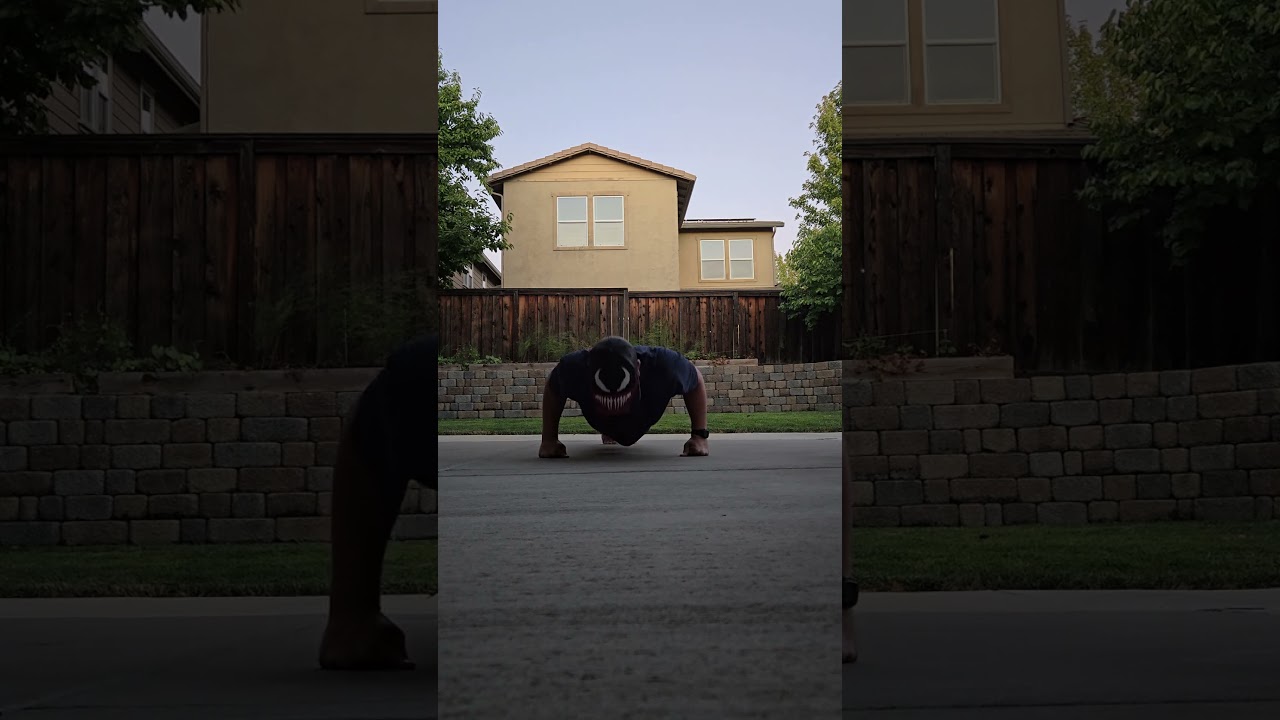Remember when quirky Aunt Sally used to say, “My knees are
hurting, must be a storm coming”?? In our adult lives, we now might relate to
her wives’ tale. There may actually be truth to her statement. When barometric pressure
changes in our body, weather forecasting becomes our new super power. Feeling
increased pain before the weather changes is actually quite common in people
with arthritis and chronic pain. Knees, ankles, elbows, and wrists are the
popular trouble zones. When mother nature cries, so too can our joints.
There are a couple theories that might explain this. Barometric
pressure (air pressure) seems to be the common denominator. This is the weight
of the atmosphere around us. Think of what happens to the body when you go up
on an airplane. You feel different
sensations due to the change of air pressure. Our joints are like a balloon.
High pressure makes the joint push against the body and the tissues aren’t able
to expand. When this pressure drops, which is what happens before rain, hail,
or snow, there is less air and pressure on the body. This causes the tissues to
start to expand. We feel this pressure sensation as the tissues put pressure on
the joints. The cold weather causes our muscles, ligaments, and tendons to
stiffen up. Synovium is the lining of our joints which have nerves at their
ends. The nerves become especially sensitive post-surgery, if you have arthritis
or fibromyalgia, or if you have had an injury. Think back to the plane. Just
like in the airplane, where the pressure in cabin is less, this can result in
swollen feet.
Another theory is that the change in humidity and
temperature might affect the pressure in our brain. From this, our pain
receptors are affected and not doing their blocking job. This aligns with the
theory that people with migraines experience weather related headaches.
This does not mean that people with this pressure meter of
pain can be alleviated by living in an ideal climate. Even the most minute
changes can affect someone. Your body adapts wherever it goes. Warmth can help
joint pain, so when it is cold dressing in layers and using a heating pad can
be helpful. Loosen up those joints through exercise, because the combination of
stiff and cold joints, only worsens the problem. The winter month is not a time
to stay cooped up. Those joints need blood flow to ward off pain.
Fortunately, weather related pain is temporary. It comes and goes. We aren’t mother nature, so the weather is not in our control. How we manage our pain is in our control. Taking an Epson salt bath can help or wearing compression socks are two easy options. Dressing in layers and keeping warm can also help and using a heating pad or electric blanket can assist with this. Most people find joint pain relief in warmer climates, so we want to replicate that warmth to the joints. Sitting in a sauna or hot tub can also be a good way to help relieve joint pain if in a cold environment. The key is not to allow your body to be shocked with temperature or pressure changes, which means packing or being prepared. Set yourself up for a better flight or better experience, and the quality of your adventure will be much improved.
https://academic.oup.com/rheumatology/article/42/8/955/1774101
https://www.medicinenet.com/arthritis_-_whether_weather_affects_arthritis/views.htm



